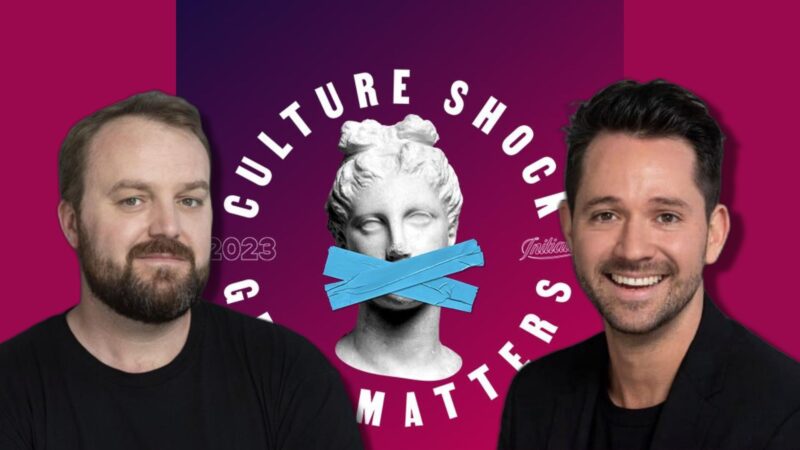Ceding to cancel culture could see brands ‘paralyse themselves into purgatory’: Initiative’s Geer and Colter
Media agency Initiative is opening a dialogue on the impact of cancel culture on brands, urging marketers to walk back an often binary approach to contentious issues.
Ahead of a session at Nine’s Big Ideas Store, hosted by Initiative’s national managing director Sam Geer, he and chief strategy and product officer, Chris Colter spoke to Mumbrella about the agency’s ‘Grey Matters’ report, part of its Culture Shock thought leadership platform.



You know who else liked to control what people say and think through fear? Chairman Mao. Cancel culture is quite literally fascism rearing its ugly head again in the 21st century.
Those who seek to control what you can and can’t say through fear of being cancelled aren’t doing it for the virtuous causes of equality, they’re doing it for power.
It takes a lot of energy and balance to comfortably sit on a fence. There will always be a risk that you may fall to either side. Consumer perceptions may influence the side to which you fall with minimal input from yourself and here’s hoping you land on the side du jour. People enmass can be very fickle and mostly love to see brands fail. Marketing has become a dangerous mistress for big brands seeking to be inclusive and not exclusive at the same time. Good luck all!